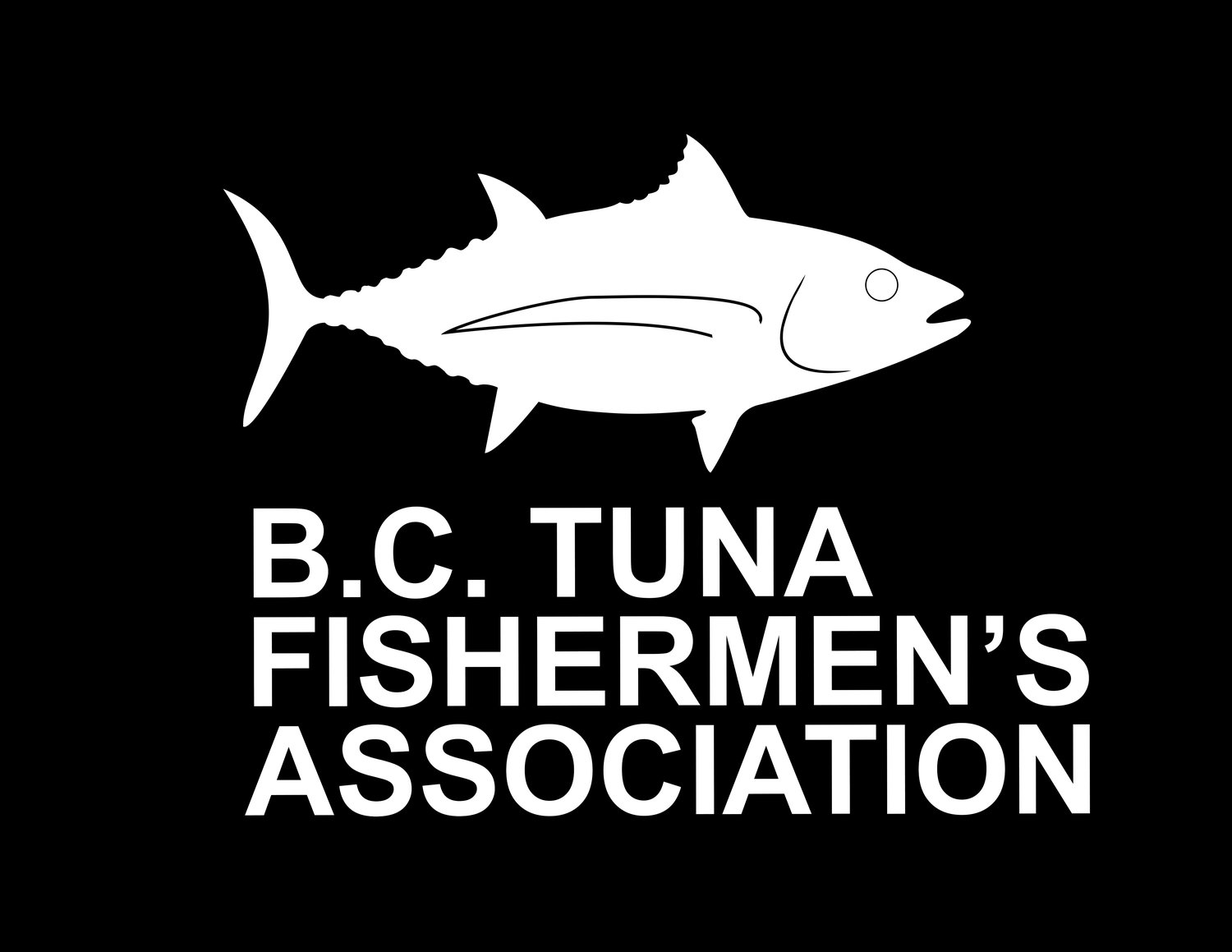By: Paul Withers
Canada to submit progress report to U.S. outlining steps being taken to protect whales, marine mammals
In an effort to maintain access to the lucrative U.S. seafood market, Canada will submit a "progress report" to Washington this month outlining steps to protect whales and other marine mammals that interact with more than 200 Canadian fisheries.
The submission will be the first test of Canada's ability to meet upcoming requirements in the United States Marine Mammal Protection Act (MMPA), and comes as three critically endangered North Atlantic right whales are believed entangled in fishing gear in Canadian waters. Efforts to free them are set for Tuesday, a day after Canada announced additional measures to protect North Atlantic right whales.
In total, six right North Atlantic right whales have died this year in the Gulf of St. Lawrence, with none of the deaths directly attributed to fishing gear.
Billions in exports at stake
By Jan. 1, 2022, all countries with fisheries interacting with marine mammals that export to the U.S. will have to demonstrate they have marine mammal protections that are the same or of comparable "effectiveness" to measures taken in the U.S.
The onus is on fishing nations to prove their programs and measures to address unintended catch of marine mammals meet U.S. standards.
Canada is the largest seafood supplier by value to the U.S. at $4.3 billion in 2017.
In July, Fisheries and Oceans Canada (DFO) will submit a "progress report" detailing protections for over 200 Canadian fisheries that interact with marine mammals, including the two most valuable and closely watched — lobster ($2.1 billion) and crab ($1 billion).
A preliminary response from the U.S., Canada's primary export market for seafood, is expected in September.
Failure could be 'catastrophic'
Melanie Sonnenberg represents inshore lobster fishermen on Grand Manan Island in New Brunswick.
"If it doesn't go well, it would be devastating for us because on the surface it has the potential to shut a fishery down in terms of what they're taking into the United States and we can't afford that," Sonnenberg said if Canada did not meet the requirements under the MMPA.
A December 2018 DFO briefing to stakeholders was no less stark.
According to the presentation, "a U.S. import ban on Canadian fish and seafood could be catastrophic for Canadian fisheries."
To read the full article follow the link:
